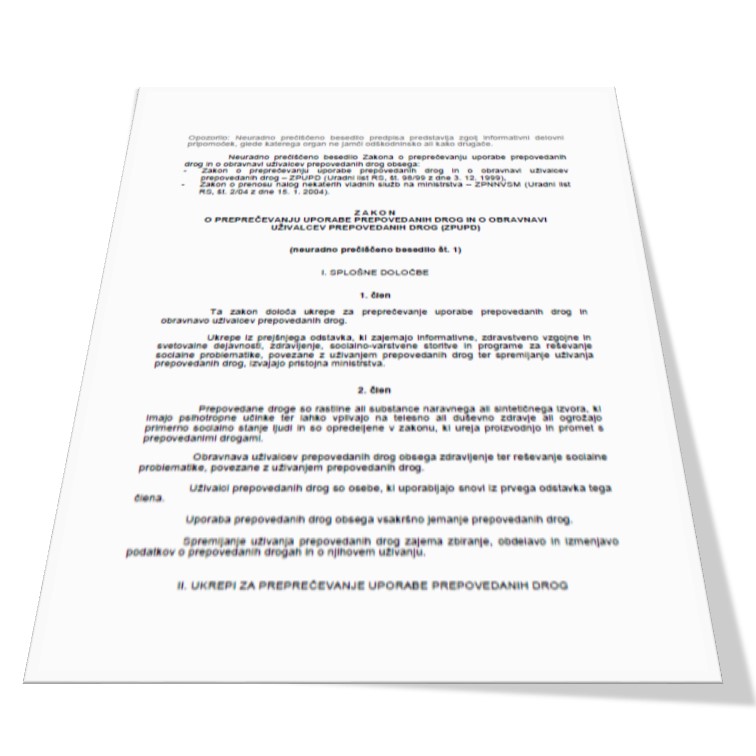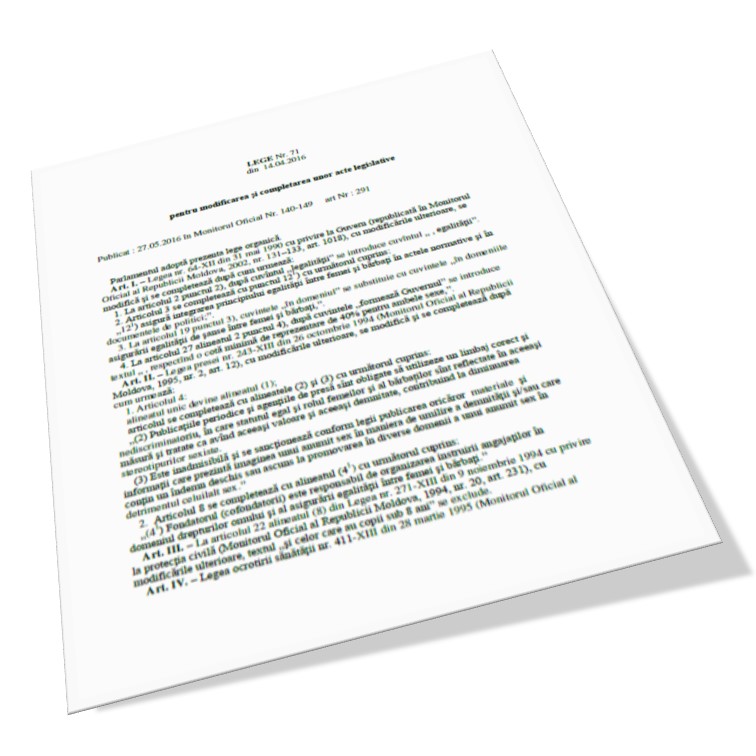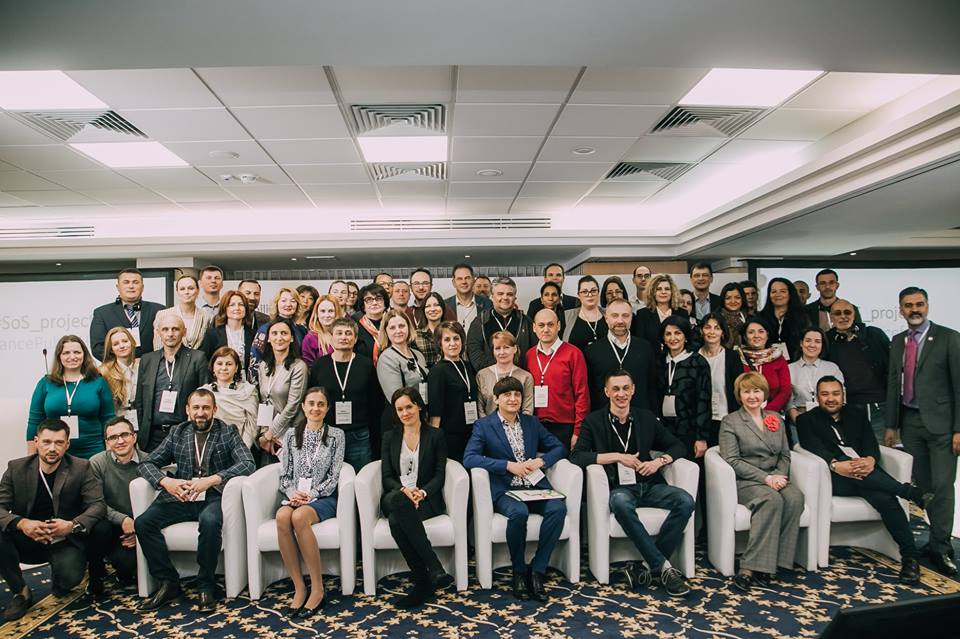
Albania
In the frame of the 26th of June and the world campaign Support. Don’t Punish, Aksion Plus will organize awareness activities in two cities, Tirana and Durrës, distributing leaflets and sharing information especially to young people. In parallel, they launched an online blog inviting young people, their beneficiaries and partners such as Y-peer, YMCA, Youth Voice network to write “What would you do about drug user’s rights, if you were a Prime minister” related to the drug policy reforms, treatment, and other related actions.
Other activities also involve their clients at opioid substitution therapy centres (OST) where they organise small group discussions, outreach information, leaflets distribution, one to one conversations and counselling to raise their awareness on how to better protect their rights, as well as to provide referrals to other institutions in case they face violations from police, courts and law enforcement agencies. The most vulnerable groups among their clients (i.e. street users, sex workers who use drugs, LGBT members) are strongly encouraged and supported to fight for their rights and report to Aksion Plus or to People’s Advocate when they face violence or marked stigma. Their six OST centres will be very active to convey the message of this campaign. Aksion Plus will also try to extend the activities with decision makers and politicians though it will be difficult as the general elections will take place on 25 of June. They have presented their ideas on drug policy and interventions during the Democratic Party election campaign.
Contact: gencaxionp@albmail.com

Bosnia and Herzegovina
To mark the day of 26th of June Association Margina planned a series of activities:
1. Public debate “Addiction and drug addicts in the legislation in Bosnia and Herzegovina”
The public debate on this subject will be held on 26 June, in cooperation and partnership with the University of Tuzla. Professors and students of several universities (Law, Medicine, Education and Rehabilitation, Philosophy and Pharmaceutical) will participate. The goal is that academia provides guidelines on the suggestions of experts and NGOs that Bosnia and Herzegovina need Lex specialis “Law on Drugs” that would encompass all aspects of this phenomenon and its application in the society like the one in Bosnia and Herzegovina.
2. Marking the global campaign “Support. Don’t Punish”
The evening of 26 of June will be dedicated to outdoor activities and promotion campaign supported by local DJs and socially engaged bands. During activities, a documentary film “I want to wake up,” will be shown, which gives a complete picture of the life of five drug users in different stages of their life.
3. Press conference and promotion of strategic documents
This event will be the introductory full-day program aimed to the media and partners that want information about these important documents and the developments regarding the Global Campaign to reach to the largest possible number of citizens of Bosnia and Herzegovina. At this event Margina will promote the following documents:
• National Strategy of Bosnia and Herzegovina on Drugs 2017-2022
• The policy for reducing harm from drug use in the Federation of Bosnia Herzegovina
• EU Action Plan 2017-2020
Contact: berinabahic@gmail.com

Greece
A group of civil society organisations from Greece will participate in the campaign:
• “CENTRE FOR LIFE” – for the support of people living with HIV/AIDS
• “DIOGENIS”- Drug Policy Dialogue
• “PeNUPS”- Peers’ Network of Users of Psychoactive Substances
• “POSITIVE VOICE”- Association of People living with HIV/AIDS
• “PROMETHEUS” -Hellenic Liver Patient Association
• “PRAKSIS”
These organizations constitute the “Greek Platform for Psychoactive Substances”, an unofficial initiative for joint action among organizations working in the area of drug policy and psychoactive substances. This year all these organizations are supporting the campaign and are responsible for its implementation in Athens, Greece. You can find more at https://www.facebook.com/supportdontpunishGreece/
Activities in Greece will include:
1. Press conference by “PeNUPS” supported by all the aforementioned organizations on 27 June from 12:00 to 14:00 at Romantso, 3-5 Anaksagora Street, Omonia, Athens with aim to promote the campaign, highlight the actual needs of people who use drugs by giving floor directly to people who are the most affected by problematic drug policies. The challenges in the national drug policy will also be presented and the need for drug law reform and peer involvement will be promoted as one of the basic principles of harm reduction. The discussion will be coordinated by the journalist Mrs. Sotirchou Ioanna.
Facebook event: https://www.facebook.com/events/203865003471040/
2. Street event (all the aforementioned organizations) with aim to make the campaign more visible to the general population and to offer some services to people who use drugs (e.g. food, mobile washing machine service, shower bus, rapid tests for HIV/HBV, HCV) Date: to be announced Location: SIN Athina, Athens at 19.00 pm, at Varvakeios square
Facebook event:https://www.facebook.com/events/321069778316468
Contact: sofia.galinaki@diogenis.info
Macedonia
HOPS – Healthy Options Project Skopje opened the newspaper articles contest on the topic: „Why harm reduction programs are needed in the Republic of Macedonia“. You can find the call for articles here http://hops.org.mk/mk/content/povik-za-izbor-na-najdobra-novinarska-statija-na-tema-odrzhlivosta-i-potrebata-na-programite.
Subsequently, organization announced on-line petition for support on harm reduction programs in the Republic of Macedonia. You can find it at following link: https://www.change.org/p/ministry-of-health-and-the-government-of-the-republic-of-macedonia-a-petition-for-supporting-harm-reduction-programs-and-hiv-prevention-in-of-macedonia
On 25 and 26 June, HOPS will collect signatures for the petition in the main square in the city of Skopje while on 30 June they plan to submit the petition to the Government of the Republic of Macedonia and announce the winner article.
Contact: vlatkod@hops.org.mk

Montenegro
Our Member organization Juventas with other civil society organisations and community-based organisations, including youth organisations organises campaign in capitol Podgorica, but with national coverage on several activities. One of them is media launch of the questionnaire for young people living in Montenegro. NGO Juventas and the Montenegrin Union of high school students as a main aim of the survey will try to obtain information from young people about young people. They will be used to continue creating activities aimed at young people in Montenegro, in the area of drug use. The questionnaire is completely anonymous. Survey among Youth on drug use you is available here https://www.surveymonkey.com/r/Juventas
In 2017, the campaign is planned to cover 3 topics: 1) Harm Reduction, 2) Non-existing treatment for underage people who use drugs, 3) Young people and drug use. Special attention will be given to topic of young people and drug use, which will be a part of youth debate that we will organize around Action Day.
Facebook event: https://www.facebook.com/events/799566700220674/
Contact: tijanap@gmail.com
Serbia

Belgrade
Within the “Support. Don’t Punish” Global Day of Action NGO Re Generation is planning to organize a movie screening night that will aim to address the main obstacles and main problems regarding current drug policies in Serbia and wider. The event will be organised in Kvaka 22, on the 26 June, and the details of the event you can find on the Facebook event https://www.facebook.com/events/312618992520893
The three movies that will be screened will represent different sides of public health and human right issues related to drug use, including three different aspects of use such as recreational, problematic and medical and obstacles that exist when accessing information, services and other relevant programs.
Movies to be screened are:
- “Clubbing and youth health” – Harm reduction programs in recreational setting
- “Medical cannabis legalisation in Serbia” – Medical cannabis is legal in places as diverse as Canada, Uruguay, Israel and Jamaica. How would legalisation of medical cannabis look in Serbia?
- “Without shift” – What happened to NSP programs in Serbia after the Global Fund discontinued funding in Serbia.
Participant of the debate are:
Galeb Nikačević – VICE Srbija
Bojan Arsenijević – Re Generation
Teodora Jovanović – KSEA,
Ognjen Martinović – Re Generation
Contact: ngo.re.generation@gmail.com
—

Novi Sad
The Association Prevent will organise street action on 26 June from 10AM to 13AM in front of „Slobodan Bajić“ student home. The public event will include wearing t-shirts with „Support. Don`t Punish“ message and photograšhing people in the street who will be holding boards with the same slogan. Free t-shirts will be given away to people who want to support the campaign.
Contact: djnebojsa84@yahoo.com

Romania
RHRN with their partners will have the street activity around 2-3 open-air tents that will be installed in the centre of Bucharest, close to the University, to distribute information, the comic book on drugs, some banners on legalization and the campaign, presentations of the NGOs activities and distribution of some drug testing kits (LSD, ecstasy).
Contact: drosca@rhrn.ro
























